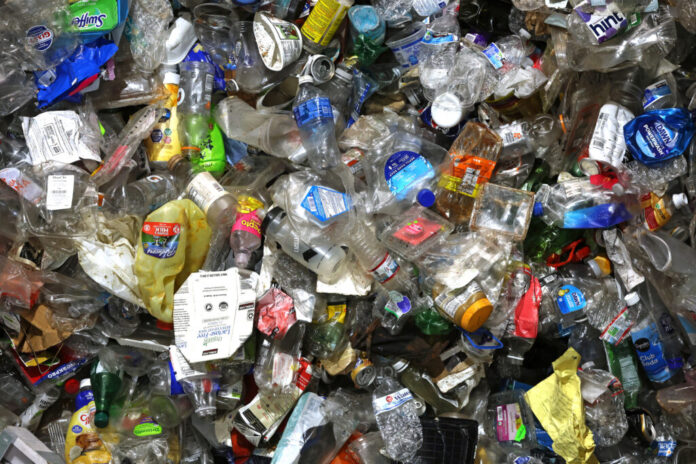From Failed Ventures to Environmental Impact: Waste Energy Corp. Shifts Focus to Plastic-to-Fuel Plant in Fayetteville
The company Waste Energy Corp. has recently shifted its focus from failed ventures in educational chatbots, cryptocurrency, and NFTs to a new plan to convert plastic waste into ultra-low sulfur diesel fuel. The company had initially planned to operate a pyrolysis unit in a low-income neighborhood in Fayetteville, North Carolina, but faced community opposition due to concerns about potential environmental impacts.
The proposed facility would have been located near a tributary to the Cape Fear River, raising concerns about pollution and the release of toxic PFAS compounds into the air. Waste Energy Corp. CEO Scott Gallagher announced that the company would seek an alternative location in a heavy industrial zone in the city or Cumberland County.
The company had received financing and planned to begin operations by June 1, with expectations of generating revenue between $1.5 million and $5 million in the first year. The plant would employ 10 people initially, with plans to scale up to 75 over the next three to five years.
Despite the potential benefits of converting plastic waste into diesel fuel, environmental advocates have raised concerns about the environmental impact of pyrolysis, as well as the release of PFAS compounds. Waste Energy Corp. has stated that it will use technology to remove PFAS from the feedstock before processing it, but the effectiveness of this approach remains to be seen.
The company’s history includes significant financial losses under previous business models, but the shift to plastic waste conversion represents a new direction for Waste Energy Corp. The company’s plans to address the plastic pollution crisis and reduce dependency on imported diesel fuel are ambitious, but the success of the project remains uncertain.
As the company continues to navigate regulatory requirements and community concerns, the future of the proposed facility and its potential impact on the environment and local community remain subjects of ongoing debate and scrutiny.
